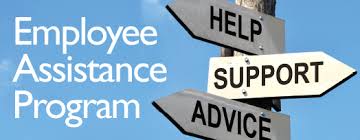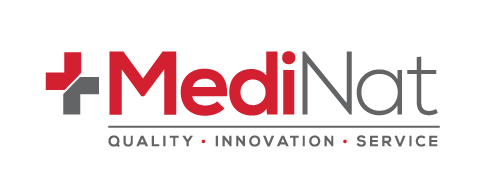
What is an Employee Assistance Programme (EAP)?
Share
The origins of the EAP (Employee Assistance Program) go all the way back to the 1930’s when occupational alcoholism was rampant in the workplace and employers noticed how this type of behaviour impacted productivity and morale within the workplace.
Reasons for an Employee Assistance Programme (EAP)
According to the EAPAA, the Peak governing body the program is meant to address the emotional wellbeing of people in the workplace and to provide intervention via short term counselling.
The aim is to support people with early intervention methods by addressing problems that may affect their wellbeing and performance. The sorts of issues that might be addressed are financial, depression, anxiety disorders and marital/relationships.
Although the program is widespread it is not mandatory for all Australian businesses but is for government departments.
The specific core activities of the EAP include:
1. expert consultation and training in the identification and resolution of job-performance issues related to the aforementioned employee personal concerns;
2. confidential and timely problem-assessment, diagnosis, treatment or referral to an appropriate community resource;
3. the formation of internal and external linkages between the workplace and community resources not available within the scope of the EAP.
Untreated mental health conditions contribute to millions of lost working days and reduced productivity. Through the EAP, employers can offer short term counselling but if long term assistance is required, often the EAP chosen counsellor can offer referrals to the appropriate provider within the community.
How does and EAP it work as part of a Workplace Drug and Alcohol Testing Programme?
Usually the organisation finds the EAP provider, ideally they would find that organisation after setting up an EAP committee within their own workplace. If the organisation is too small for this approach management would source the provider, however even in smaller organisations surely consultation with staff would be warranted?
The types of questions you should be asking when choosing your provider, are points like
- Does your EAP service offer both phone and face to face consultations? Then check with your staff as to what is preferable before deciding, not everyone would be satisfied with a phone consultation or ensure both options are readily available.
- What type of counselling services do they offer? The EAP covers a wide range of assistance. Be sure your provider does also.
- Most importantly - regarding the professional quality of their counsellors ?
- What are hours of operation?
- What if there is an emergency?
- For some industries it may be important to have counsellors who have worked with that industry previously.
So do your homework and research before implementing, but the EAP is certainly worth investigating even for smaller organisations, in fact it could be even more prevalent. It’s also worth noting that not everyone even knows the EAP exists, so enlightening yourself and your staff could literally pay dividends.
Achieving work life balance is certainly not always easy, if you or someone you know is experiencing mental health issues now you can call lifeline on 13 11 14 You are not alone, every 30 seconds someone in Australia reaches out to Lifeline for help.
